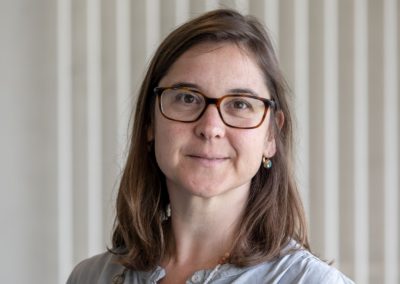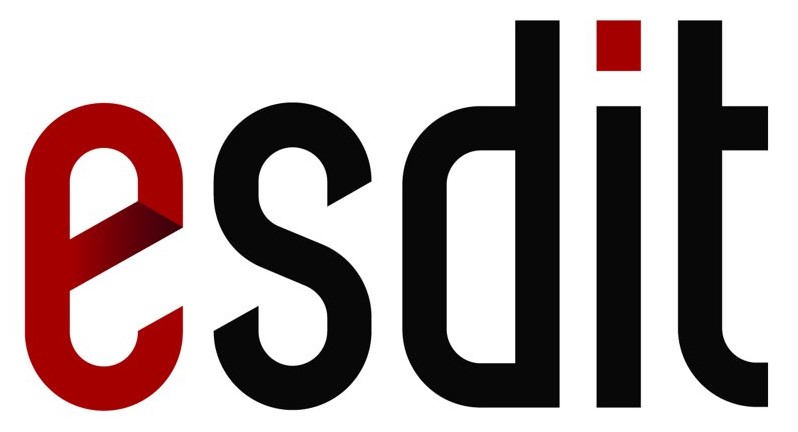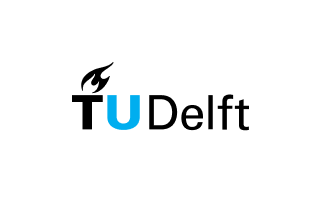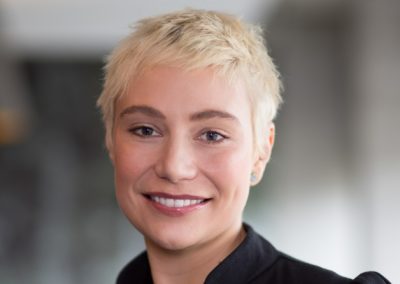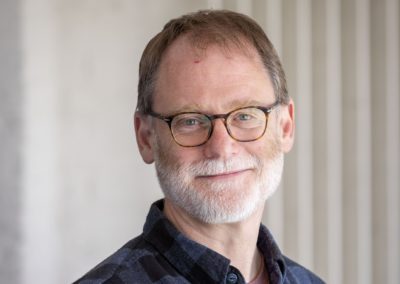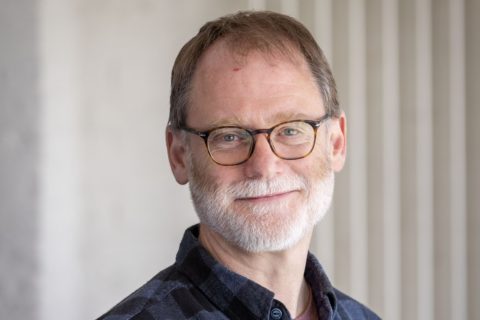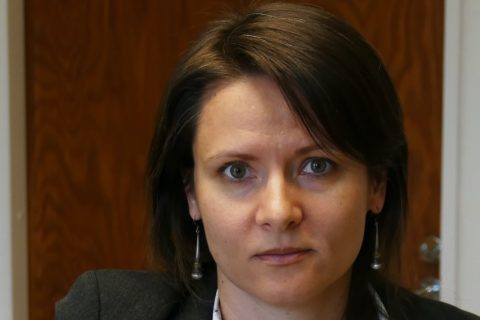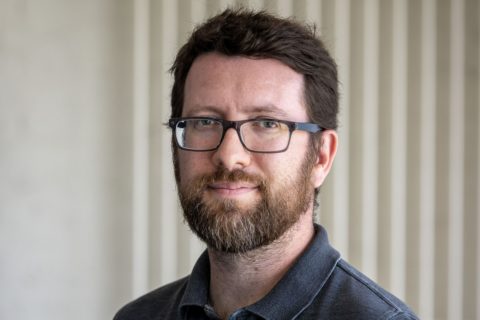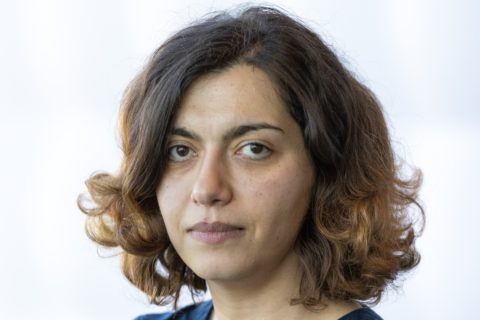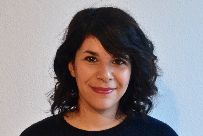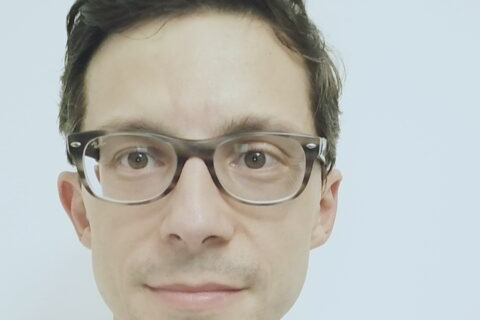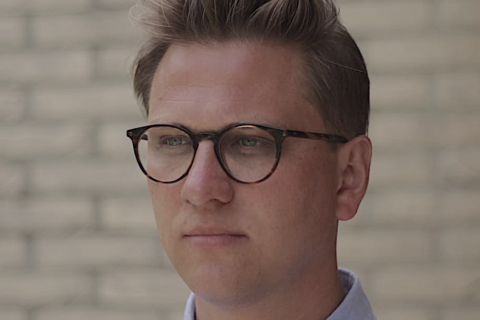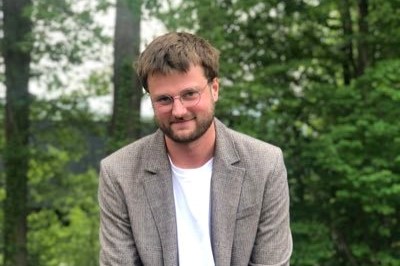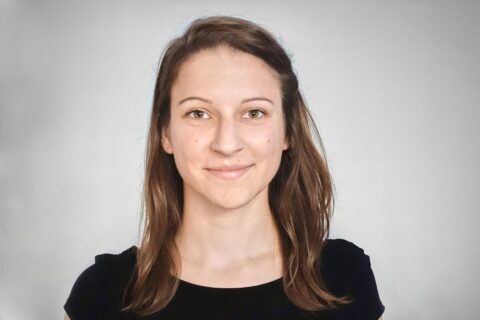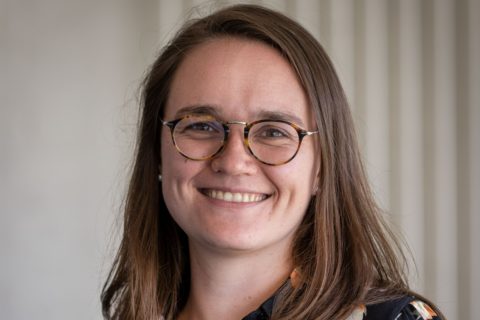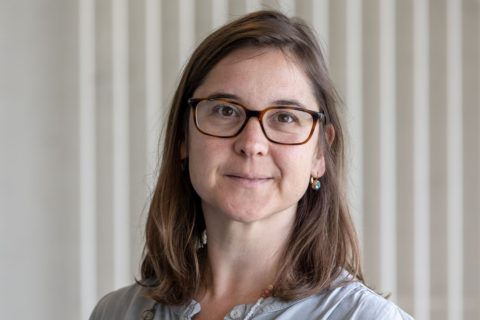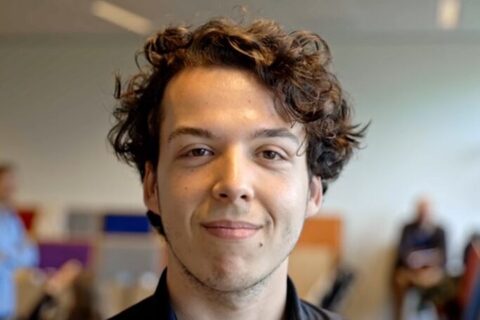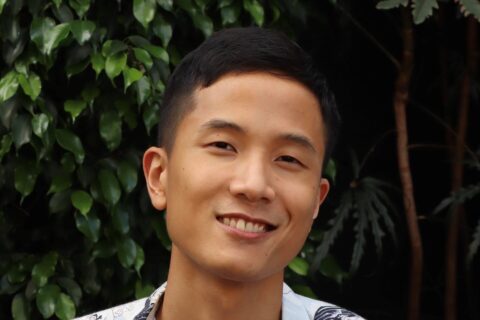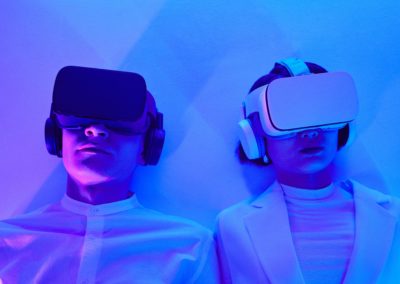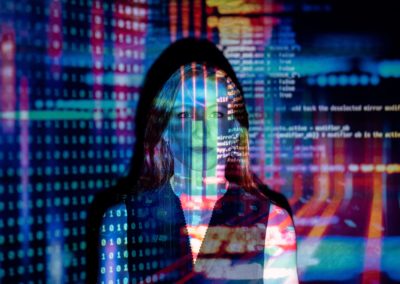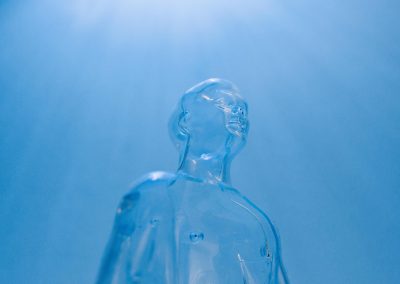Description of This Research Line
To be added
Related Projects
Brain-computer interfaces & the disruption of the concept of personhood [2022-2026]
PhD candidate: Bouke van Balen (b.j.v.balen@tue.nl)
Daily supervisors: Dr. Janna van Grunsven (j.b.vangrunsven@tudelft.nl) and Dr. Mariska Vansteensel (m.j.vansteensel@umcutrecht.nl)
Co-supervisors: Prof. Dr. Wijnand Ijsselsteijn (w.a.ijsselsteijn@tue.nl) and Prof. Dr. Nick Ramsey (n.ramsey@umcutrecht.nl)
Project Description
In light of thorny ontological and ethical issues, the aim of this project is to answer the following research question: how do BCIs disrupt assumptions about where and how we can (or even should) demarcate something as ontologically and ethically significant as personhood? As a secondary objective, the project will contribute to new interdisciplinary approaches and methods at the intersection of STEM disciplines and ethics/philosophy. Moreover, insights gained from the project are likely to ethically inform the ongoing design of current and future BCI technologies.
This PhD position represents a unique interdisciplinary collaboration between medical neuro-technologies and psychology of human-technology interactions. The innovative potential of this research project is enormous, since the PhD candidate is embedded within the research group at UMC Utrecht, working directly with those responsible for developing a world-wide first, fully implanted BCI for home use.
Philosophical anthropology research [2022-2025]
Post-doc: Dr. Anna Puzio (a.s.puzio@utwente.nl)
Daily supervisor: Dr. Julia Hermann (j.s.hermann@utwente.nl)
Co-supervisor: Prof. Dr. Joel Anderson (j.h.anderson@uu.nl)
Project Description
This project will study how new and emerging technologies – biotechnologies, digital technologies, robots, and/or climate technologies – have implications for our ontological and ethical understanding of the human being. The project deals with the question of how the understanding of the human being changes in the context of new technologies. Therefore, the project is dedicated to philosophical anthropology against the backdrop of technological advancements, which can be referred to as anthropology of technology. A particular focus is placed on a relational approach and the inclusion of nonhuman entities such as animals and technology, thereby connecting ethics of technology and environmental ethics. Emphasis is also placed on diversity, such as gender and intercultural approaches, within the field of anthropology.
Emerging technologies and the moral character of the human being [2021-2025]
PhD candidate: Kristy Claassen (k.claassen@utwente.nl)
Daily supervisor: Dr. Julia Hermann (j.s.hermann@utwente.nl)
Supervisors: Prof. Dr. Ciano Aydin (c.aydin@utwente.nl), Prof. Dr. Wijnand IJsselsteijn (w.a.ijsselsteijn@tue.nl) and Prof. Dr. Peter-Paul Verbeek (p.p.c.c.verbeek@uva.nl)
Project Description
A defining characteristic of the African Philosophy of Ubuntu is that we become human through others. As the proverb goes, ‘I am, because we are’ (Mbiti 1990). How, then, do technologies that claim to be socially disruptive fit into this moral framework? The aim of this project is to investigate how the moral character of the human being is affected by emerging technology within the ontological (Ramose 1999) and ethical (Metz 2007) framework of Ubuntu. The secondary aim is to explore the way in which human-technology relations are redefined within Ubuntu parameters. Concepts central in Ubuntu, such as autonomy, agency, responsibility and being (socially) human are being reconfigured through the emerging technology of AI. As this technology is poised to play an increasingly important role in the African context, the task of understanding how human moral character is shaped by it becomes urgent. At its core Ubuntu is a way of being that emphasises becoming human through values such as compassion, connectedness and inclusivity. The proposed research will focus not only on how these values are reconfigured in relation to technology but also how these values could shape the way in which AI is developed and employed in society. The Ubuntu framework for being (socially) human could undoubtedly inform a more humane approach to emerging technologies.
The Ethics of Humanoid Robots [2021-2025]
PhD candidate: Cindy Friedman (c.friedman@uu.nl)
Daily supervisors: Prof. Dr. Sven Nyholm (sven.nyholm@lrz.uni-muenchen.de) and Dr. Lucie White (l.a.white@uu.nl)
Co-supervisors: Prof. Dr. Ingrid Robeyns (I.A.M.Robeyns@uu.nl) and Dr. Lily Frank (L.E.Frank@tue.nl)
Project Description
Robots that look and act like humans are currently being created for a variety of purposes: care robots for children with autism and as companions for the elderly; so called sex robots; display model show robots like “Sophia” (who was awarded honorary citizenship in Saudi Arabia), and so on. Meanwhile, AI systems are also increasingly making decisions previously made by humans: for example, expert systems advise doctors about the resuscitation of coma patients, and autonomous vehicles make decisions about life and death. Soon these trends may converge, and we may start seeing humanoid robots with humanlike AI. The prospect of humanlike qualities in robots and AI is a both deeply fascinating and controversial prospect. It has the potential to create social and moral confusion and disruption. The aim of this PhD project is to investigate the ethics of “humanlikeness” in robots and AI, with a special focus on how this might (re)shape our ideas of our own humanity and especially the moral status of our own humanity. If some robots start looking and acting like humans and some AI systems take on humanlike roles, what does this mean for the moral importance of humanity as an end in itself (as in, e.g. Kantian ethics, but also in ethical thinking in general)? What might it mean for who we regard as agents and patients in the moral domain? If looking and acting like a human being is no longer reserved for human beings alone, but also something we start associating with robots and AI, should this make us reassess the ethical uniqueness that we commonly associate with being human?
Behaviour change technologies for moral improvement [2021-2023]
Post-doc: Dr. Matthew Dennis (m.j.dennis@tue.nl)
Daily supervisor: Dr. Lily Frank (l.e.frank@tue.nl)
Supervisor: Prof. Dr. Wijnand IJsselsteijn (w.a.ijsselsteijn@tue.nl)
Project Description
This project aims to explore the morally disruptive potential of behavior change technologies for moral behaviour that is, technologies that can be used to improve moral cognition or moral decision making. They include bio or neuro-enhancement, robotic nudges, nudge-designed environments, and ambient persuasive technologies, which may help people behave more consistently with their deeply held moral convictions or aid people in overcoming cognitive and affective limitations that prevent them from appreciating a situation’s moral dimensions, or they may simply make it easier for them to make the morally right choice by helping them to overcome sources of weakness of will. This project will focus, first, on the possibility that use of such technology will lead to moral deskilling or atrophy of moral “muscle”. It will investigate whether or not, and in what ways, such deskilling is problematic from a moral point of view.
Answering these questions can allow us to rethink fundamental ethical debates on for example, the value of moral action itself; the relative importance of consequences and intentions; and the nature of character. Secondly, it will investigate how moral technologies mediate or lessen our experience of moral distress, conflict, and struggle. If moral struggle is offloaded to a system of technological nudges, persuasions, and e-choice architecture, does this undermine or shift the meaningfulness of engaging with and potentially overcoming moral challenges? How might this change impact individual levels of well-being and self-assessments of control, character, and authenticity?
The techno politics of the climate movement [2020-2024]
PhD candidate: Patricia Reyes Benavides (p.d.reyes@utwente.nl)
Daily supervisor: Dr. Nolen Gertz (n.gertz@utwente.nl)
Co-supervisors: Prof. Dr. Peter-Paul Verbeek (p.p.c.c.verbeek@uva.nl) and Prof. Dr. Ingrid Robeyns (i.a.m.robeyns@uu.nl)
Project Description
My research analyses the use and appropriation of Internet platforms by environmental activists. By bridging philosophy of technology to political theories, I draw connections between Internet-enabled Climate Activism Networks (e.g. Extinction Rebellion, Fridays for Future, Futuros Indígenas) to new technopolitical regimes. With this approach, I aim to show the political significance of technologies in the evolution of social and ecological movements.
Within the ESDiT consortium, I contribute to the research lines of 'The Future of a Free and Fair Society' and 'The Human Condition. I am also an active member of the Intercultural ethics track, which underscores the relevance of philosophical traditions outside of the Western canon to understand and address global challenges.
Related Publications
Related Events
Related News & Media
People Involved
Coordinators
Advisors
